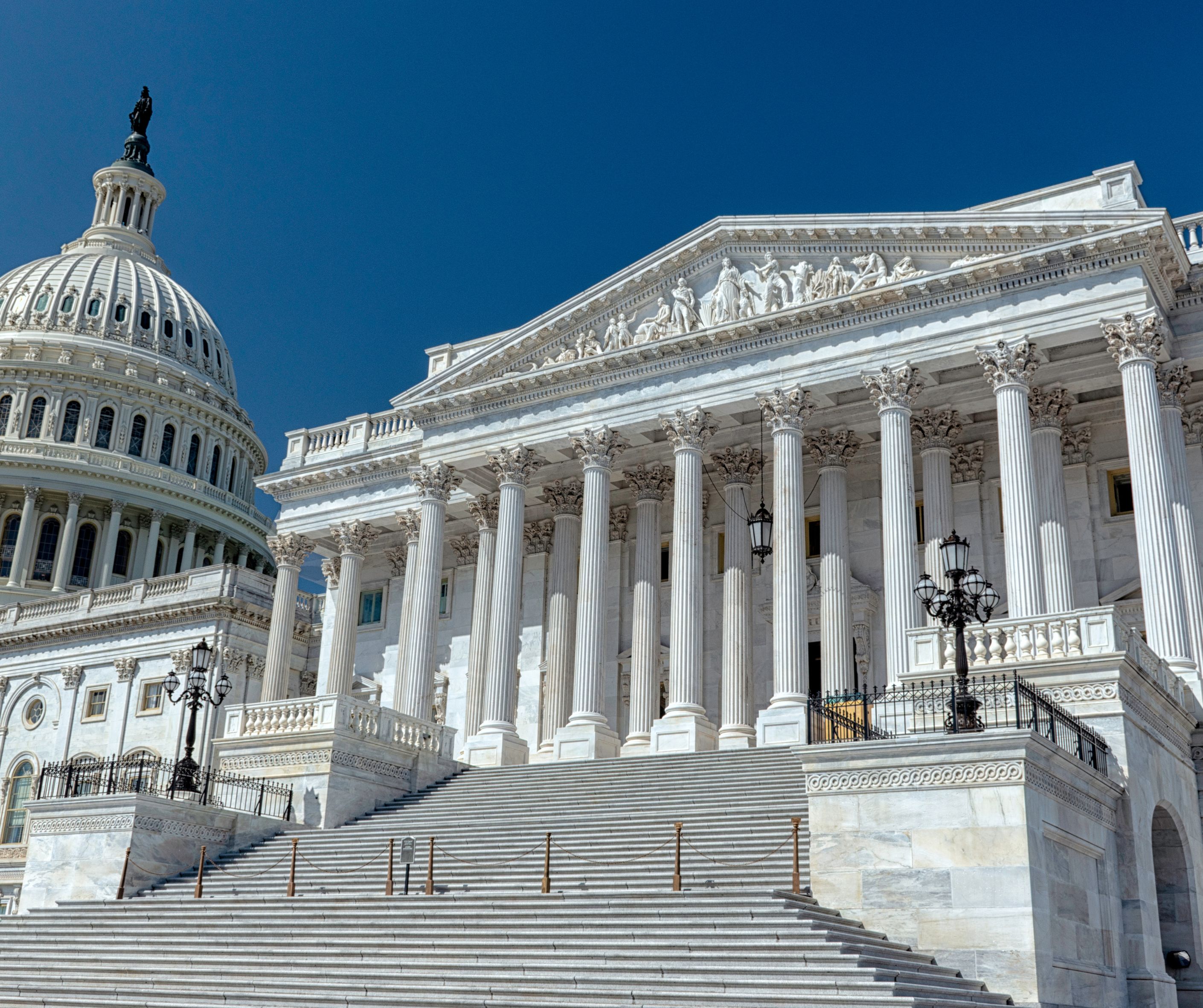Lesson: The Economic Perspective

- >
- Teachers
- >
- Teacher Resources
- >
- Lesson Plans
- >
- Environment and the Economy
- >
- Lesson: The Economic Perspecti…
| Economic Concepts | Environmental Context |
|---|---|
| Economics in the study of human behavior | Studying Environmental Issues |
EcoDetectives: Introduction
“Introduction,” pp. i-viii of EcoDetectives (Adobe .PDF file)
National Content Standards Addressed in The Environment and The Economy Comprehensive List:
Standard 1: Productive resources are limited. Therefore, people cannot have all the goods and services they want. As a result, they must choose some things and give up others.
Standard 2: Effective decision making requires comparing the additional costs of alternatives with the additional benefits. Most choices involve doing a little more or a little less of something; few choices are all-or-nothing decisions.
Standard 4: People respond predictably to positive and negative incentives.
Standard 5: Voluntary exchange occurs only when all participating parties expect to gain.
Standard 6: Markets exist when buyers and sellers interact. . . .
Standard 10: Institutions evolve in market economies to help individuals and groups accomplish their goals. . . . A different kind of institution, clearly defined and well enforced property rights, is essential to a market economy.
Key Points
- Our national rhetoric about the environment is characterized by substantial polarization.
- We have generally adopted the policy of dealing with environmental problems through the criminal code and moral approbation, leading to a we/they atmosphere in which “environmentalists” claim the high moral ground in their struggle against “environmental sociopaths.”
- Disagreement often degenerates into camps and name-calling and gets us no closer to a policy consensus, agreement on the facts, or consideration of practical alternatives.
- We need to forge a rationale for environmental issues that allows us to explain why, for example, Mt. St. Helens and Butte, MT are both big holes in the Earth with nothing growing around them but we regard one as a national monument and the other as a national embarrassment.
- We have generally adopted the policy of dealing with environmental problems through the criminal code and moral approbation, leading to a we/they atmosphere in which “environmentalists” claim the high moral ground in their struggle against “environmental sociopaths.”
- Economists are late-comers to environmental studies and they offer a different perspective.
- When environmental issues arise, the “issues” generally stem from differences in people’s preferences and choices, rather than from disagreements over their scientific or geographical aspects.
- This is not to suggest that scientific knowledge is excluded from economic reasoning. Science is critical in helping to identify costs and benefits, an integral part of all choices.
- Economic reasoning about environmental issues looks for answers to 2 basic questions:
- Why do people behave the way they do?
- If we don’t like the way people behave, how can we get them to change their behavior voluntarily?
- Note the assumption that we value individual freedom of choice.
- When environmental issues arise, the “issues” generally stem from differences in people’s preferences and choices, rather than from disagreements over their scientific or geographical aspects.
- Precluding stupidity and evil intent as explanations for environmental problems leaves us with intriguing mysteries of human behavior:
- Why are there so many chickens and so few bald eagles? We eat millions of chickens and there are many of them. We go to great lengths to do little harm to eagles and there are few of them.
- We know that water is the world’s most precious resource. Why do we behave as if it isn’t?
- Both the American bison and the carrier pigeon were slaughtered. Why did the bison survive as a species – without the assistance of an Endangered Species Act – when the carrier pigeon didn’t?
- Disneyland is cleaner, has maintained roads and facilities and is better protected than Yellowstone National Park, despite the fact that Yellowstone is managed by the richest government in the world, and is probably highly valued by more people than Disneyland is. Why?
- How does successful paper recycling threaten to reduce the size of American forests?
- Why, despite the fact that there is huge popular support for and a number of programs working aggressively for native salmon population recovery, are the salmon disappearing from the Pacific Northwest?
- Economic reasoning offers tools to solve these and other mysteries of the environment.
- i. The economic perspective begins with the assertion that the environment is an economic good: it is scarce; it has alternative uses; and we must choose among those alternatives.
- People choose. Organizations, societies, and governments do not.
- People’s values, which are reflected in their choices, often differ.
- ii. There are no costless choices.
- People’s choice of one environmental use over another imposes opportunity costs.
- In achieving any particular goal or outcome, low-cost solutions are preferable to high cost alternatives.
- For the purposes of this workshop, efficiency will be defined as least-cost or the greatest excess of benefits over costs.
- Costs of individuals’ decisions that spill over onto others complicate environmental issues.
- iii. Voluntary exchange produces win-win outcomes.
- People act in their self-interest. Therefore, they will engage in voluntary exchange only if they perceive that they will benefit.
- Markets facilitate voluntary exchange. As such, they hold great potential for resolving disagreements over resource use.
- iv. Incentives affect people’s choices about the environment.
- Incentives are the rewards or punishments
- A key to understanding people’s choices is identification of the incentives they face.
- If we want to change people’s behavior, we must change the incentives.
- v. Property rights shape incentives.
- Property rights are human rights. Property, including the environment, has no rights. There is no process for establishing value outside of human activity.
- Private and common ownership provide opposing incentives for environmental resource use and management.
- vi. You can’t do just one thing; all choices regarding the environment have secondary effects.
- The consequences of choices lie in the future.
- Decisions about resource use in all realms of life are interdependent.
- i. The economic perspective begins with the assertion that the environment is an economic good: it is scarce; it has alternative uses; and we must choose among those alternatives.
- Each workshop session will focus on selected economic concepts and principles and will demonstrate the economic perspective on environmental issues by demonstrating the use of one or more of the tools of economic reasoning in the context of a specific issue, including:
- Resource conservation and reasonable use
- Endangered species protection and recovery
- Air pollution reduction
- Water pollution clean-up
- Fisheries protection
- The session swill help participants practice thinking about issues differently and will ask them to reexamine their personal views when they feel comfortable doing so.
- Lesson: The Economic Perspective
- Activity: Bag and Baggage
- Lesson: Environmental Quality Is A Choice
- Activity: Site Selection – A Land Use Simulation
- Lesson: Creating Teachable Moments – Economic Content in the Environmental Context
- Activity: The Activity That Fails
- Lesson: Property Rights and “Green” Incentives
- Lesson: Incentives Change With the Rules of the Game
- Lesson: How Clean Is Clean?
- Lesson: Using Markets to Reduce Pollution
- Lesson: The Environment Is An Economic Good

The True Cost of Glory: What Economics Teaches Us About the Winter Olympics
February 19, 2026 As Norway celebrates its 15th gold medal and Italy rallies behind its home team’s nine golds at…

Tell Our Elected Officials to Enroll in FTE Programs, Please!
January 30, 2026 Despite last-minute negotiations late this week, President Trump and congressional leaders appear to once again be on…

Foundation for Teaching Economics Opens Student Application for Summer 2026
January 12, 2026 The Foundation for Teaching Economics is pleased to announce that applications for Summer 2026 student programs are…
